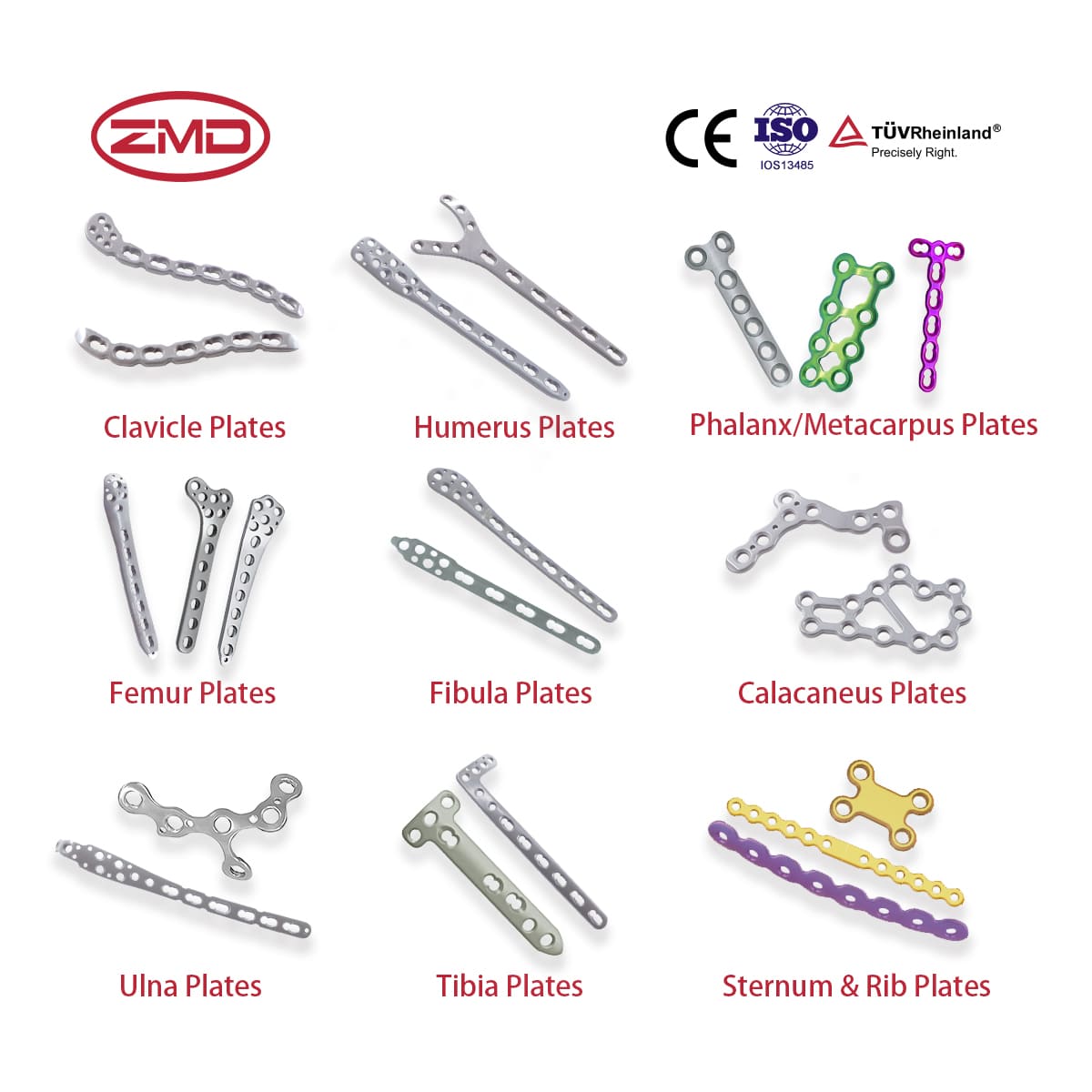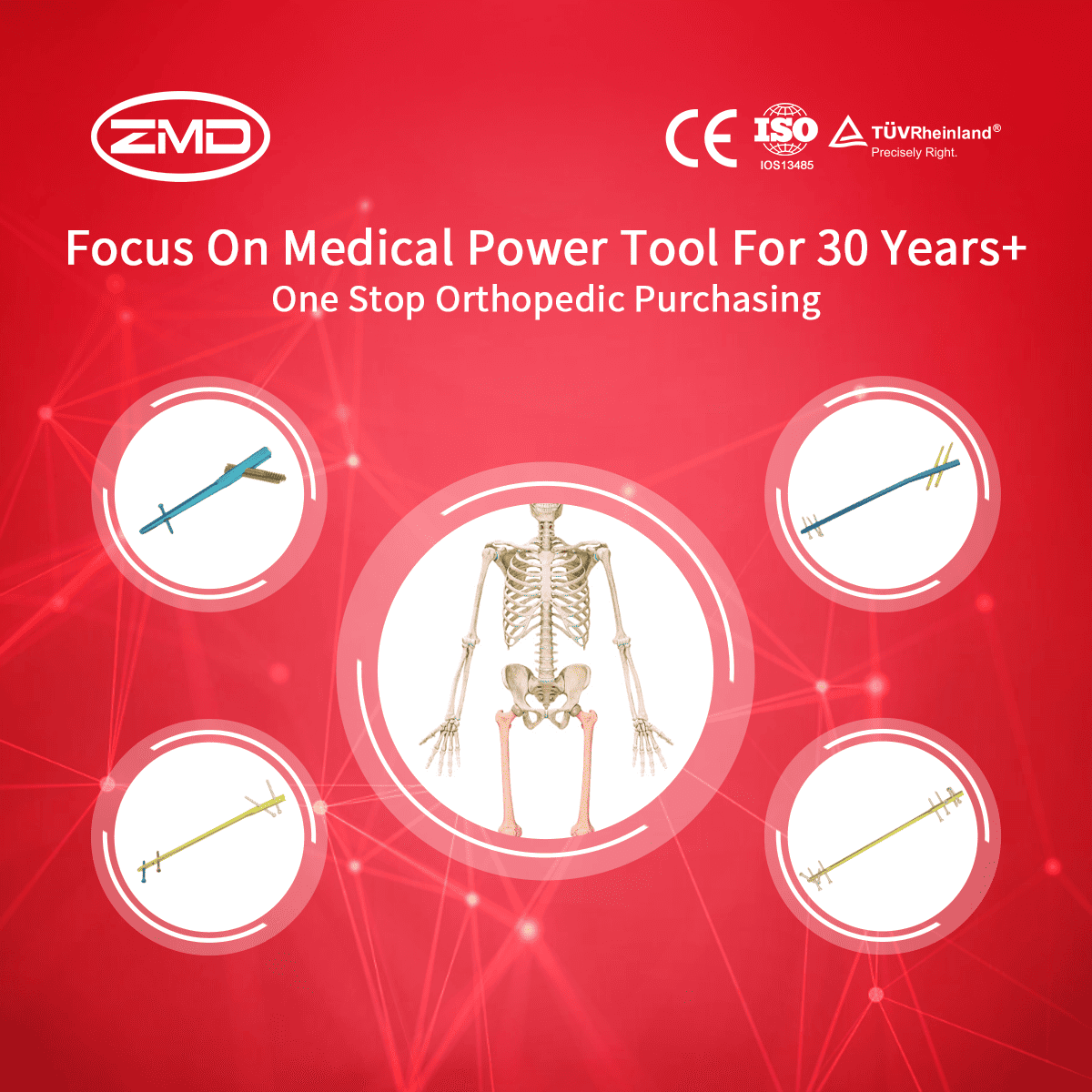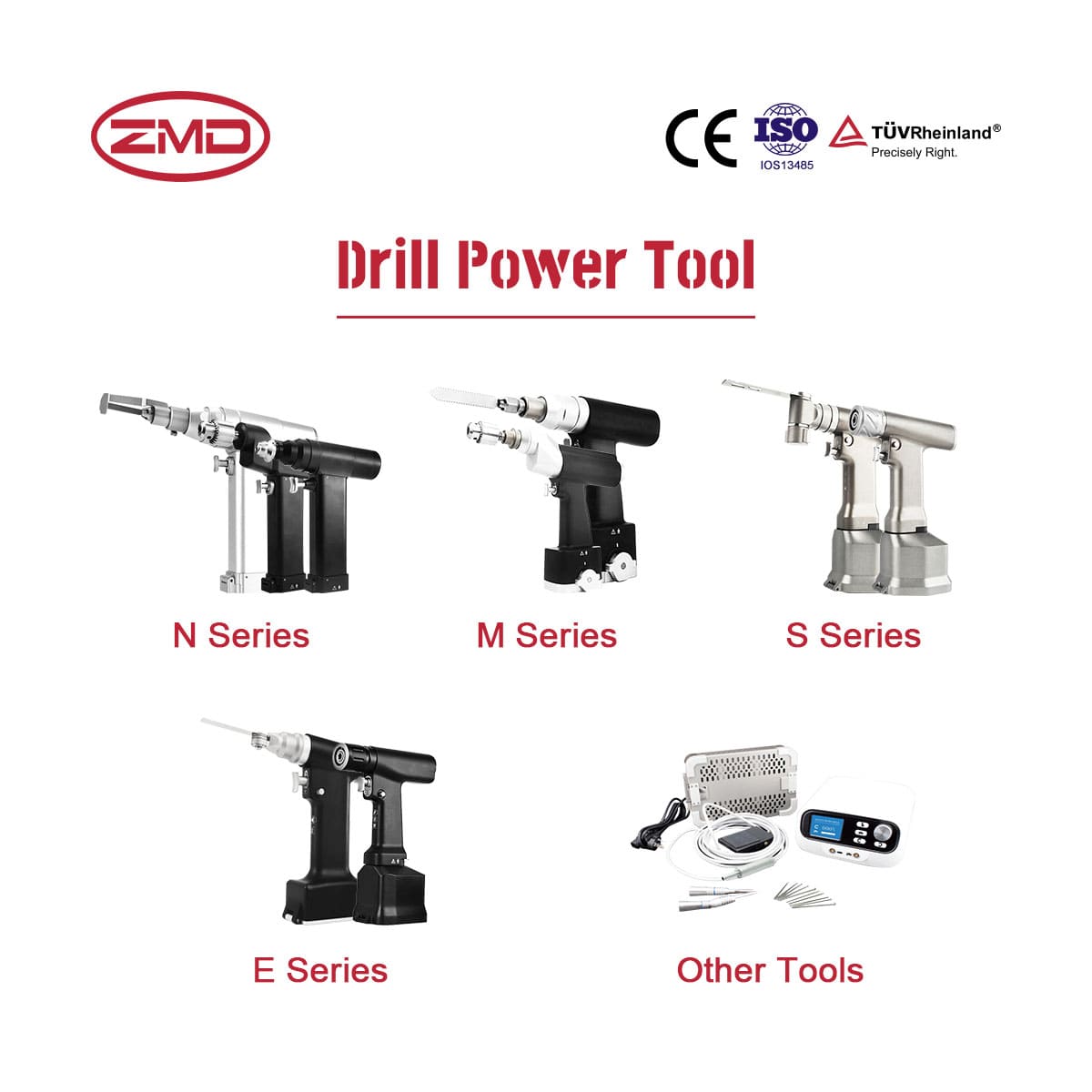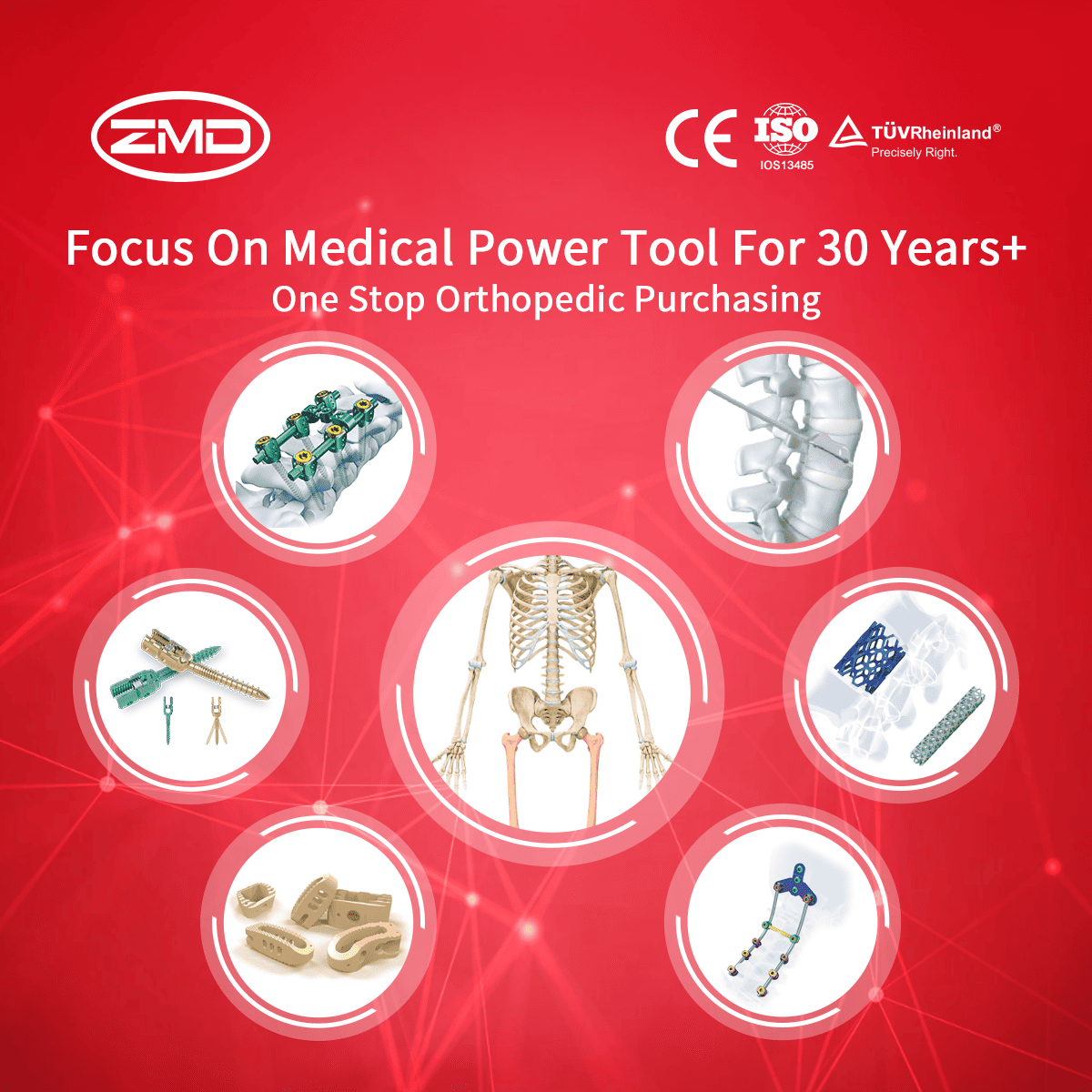What is RWE and Observational Research?
Real World Evidence (RWE) refers to data collected outside of traditional clinical trials, typically encompassing information from patients’ everyday medical treatment and health conditions. Unlike controlled clinical trials, RWE is gathered from routine healthcare settings, which can provide a more accurate picture of how medical devices and treatments perform in the general population.
Observational research, on the other hand, involves researchers monitoring and recording data without intervening in patients’ treatments. This type of research does not involve the random assignment of treatments or interventions, making it distinct from controlled trials. Observational studies are crucial in assessing the long-term effectiveness and safety of medical devices like orthopedic implants, as they reflect real-world conditions.
The combination of RWE and observational studies is particularly important in evaluating orthopedic implants because they offer insights that may not be captured in controlled trials, such as patient adherence, lifestyle factors, and co-morbid conditions that can affect outcomes.
Key Differences Between RWE and Observational Studies:
| Aspect | RWE | Observational Studies |
|---|---|---|
| Data Source | Real-world healthcare settings | Researchers observe patients without intervention |
| Control | No randomization, data comes from routine care | No randomization or treatment assignment |
| Application | Used to inform product effectiveness and safety | Often used to understand patient outcomes and behaviors |
| Flexibility | Can include a variety of data types (e.g., EHR, patient surveys) | Primarily clinical data from existing patient populations |
By leveraging RWE and observational data, orthopedic implant trials can offer more comprehensive insights into the effectiveness and safety of these devices in real-life scenarios, ultimately guiding improvements in product development and patient care.




